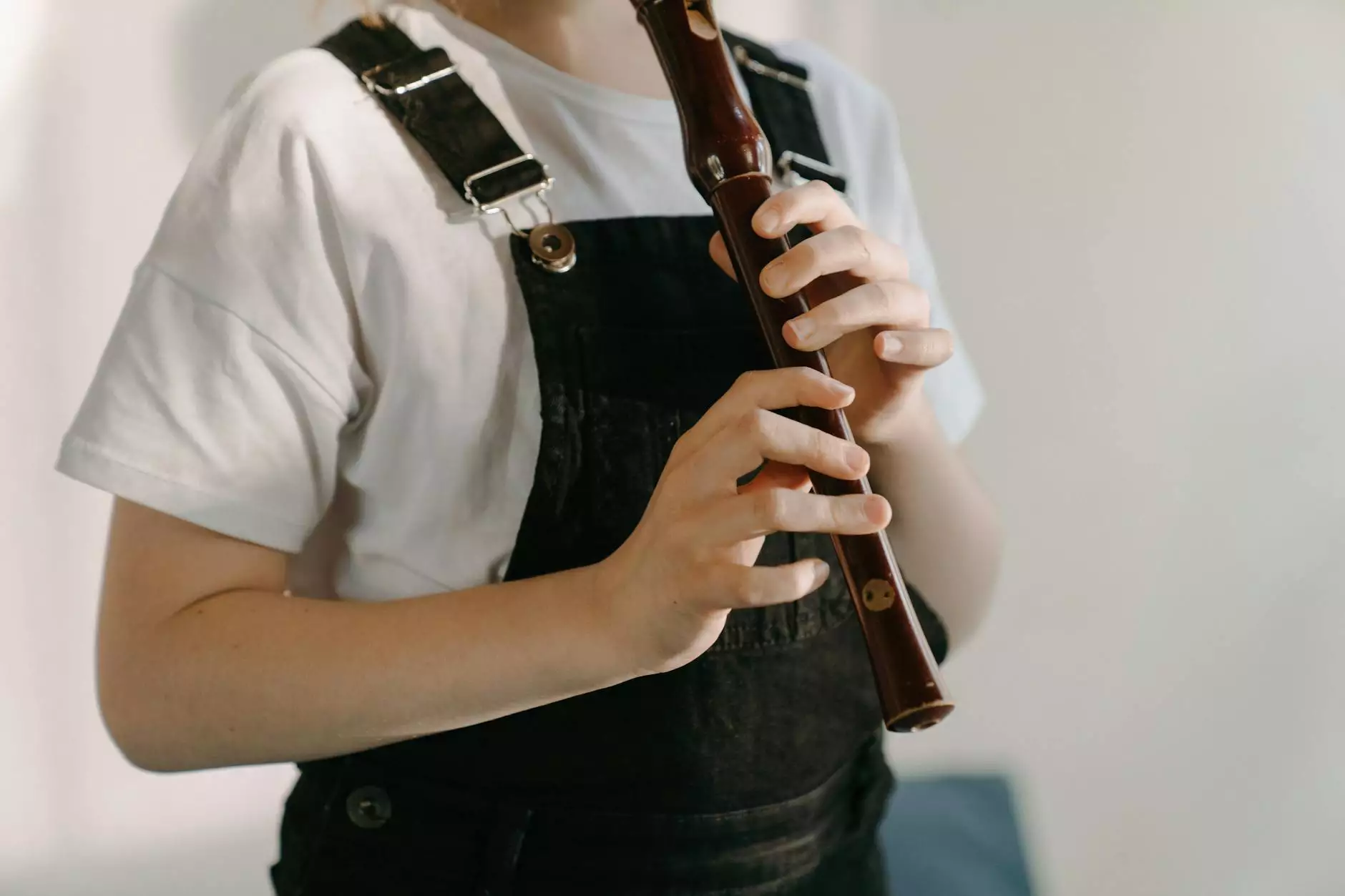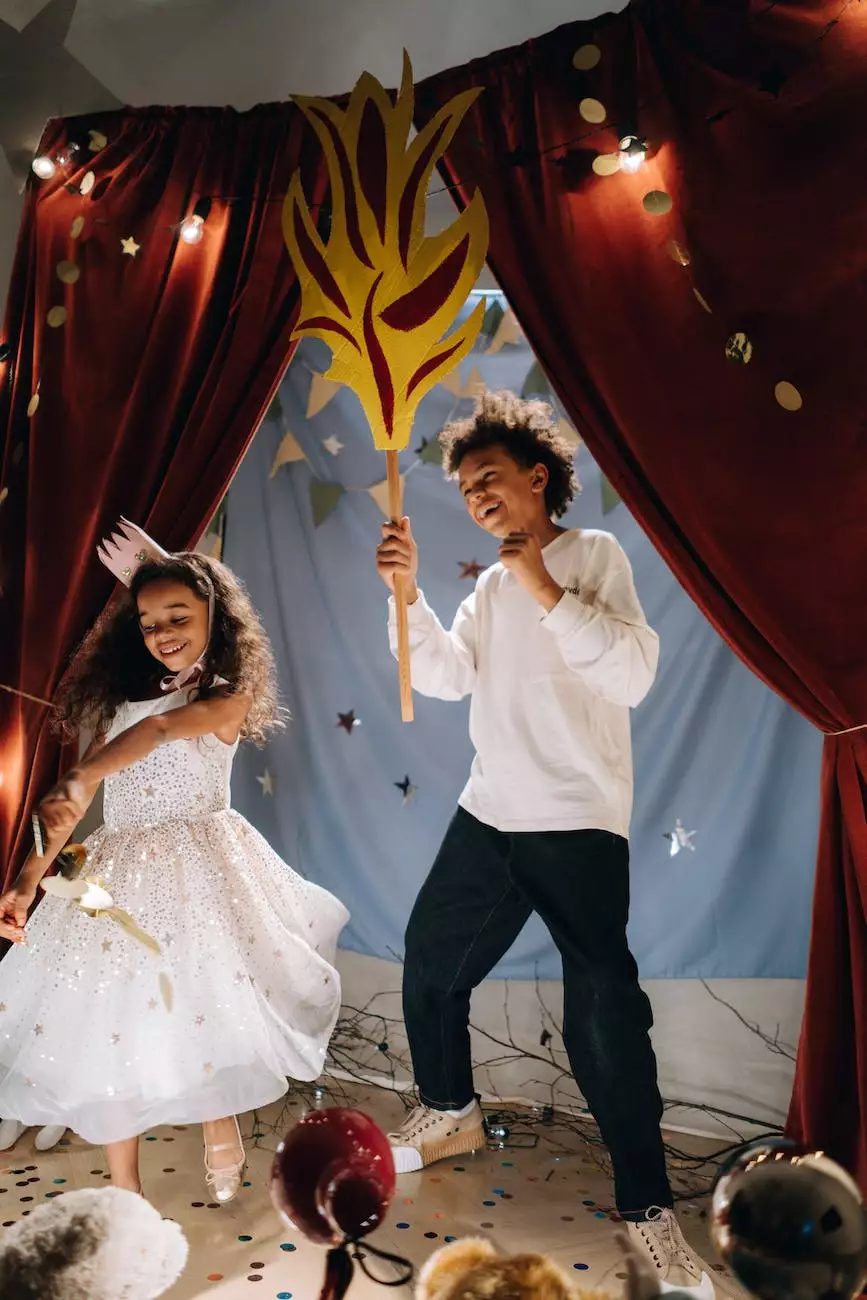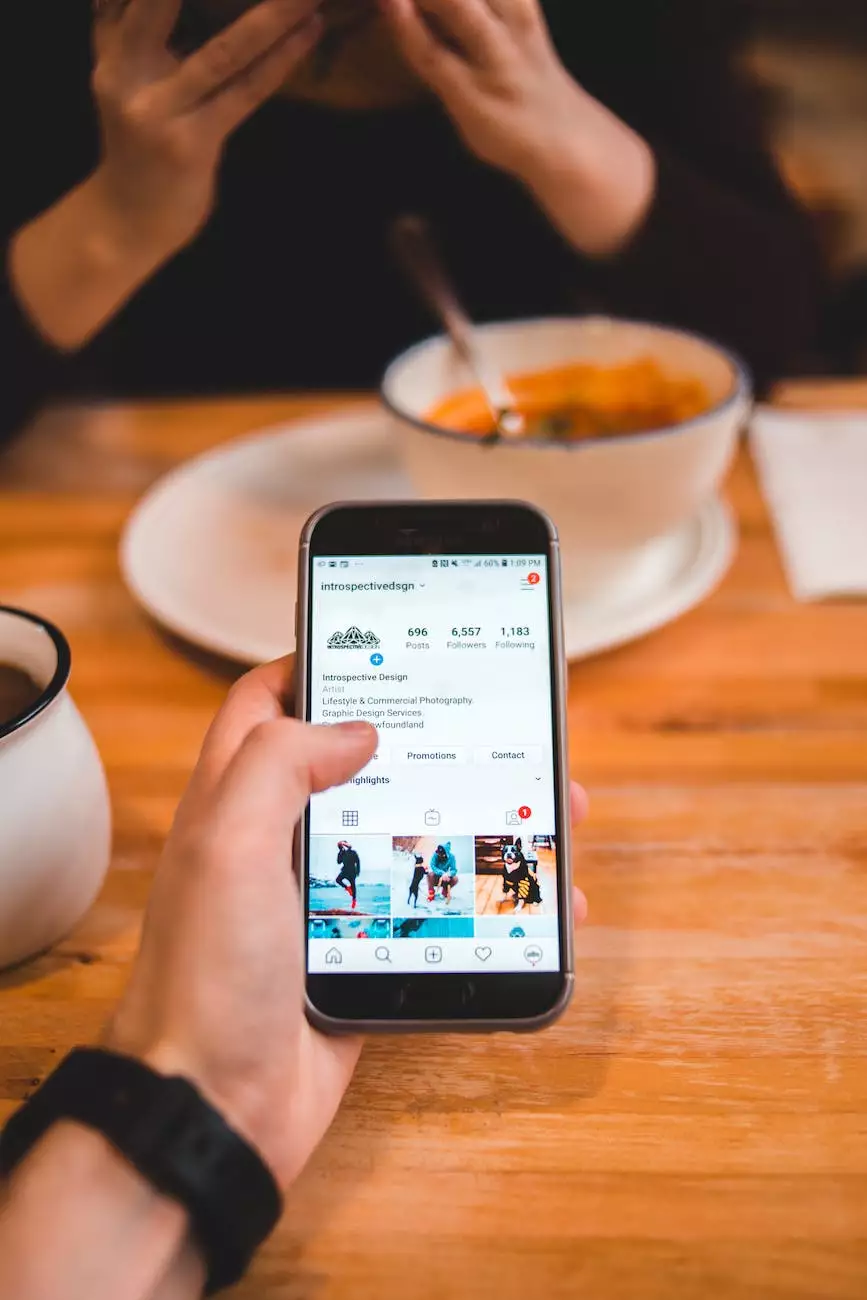Website Best Practices: For Musicians and Performing Artists
In-demand Healthcare Professions
Introduction
Welcome to our comprehensive guide on website best practices for musicians and performing artists. In today's digital age, having an impactful online presence is crucial for success. Whether you are a solo artist, part of a band, or involved in any form of performing arts, creating an engaging website can help you attract more fans, showcase your talent, and increase your overall visibility. In this guide, we will explore various strategies and techniques to optimize your website and outrank your competitors on search engines like Google.
1. Understanding Your Target Audience
Before diving into the technical aspects of website optimization, it is essential to understand your target audience. Identifying who your fans or potential customers are will allow you to tailor your website content, design, and functionality to meet their expectations. Conduct thorough market research, analyze your existing fan base, and create buyer personas to gain insights into their demographics, preferences, and online habits. By aligning your website with your target audience, you can create a more personalized and compelling user experience.
2. Design and User Experience
The design and user experience of your website can significantly impact its success. Your website should be visually appealing, intuitive to navigate, and optimized for mobile devices. Use eye-catching images and videos to showcase your performances and talents. Implement a clean and organized layout that allows visitors to find the information they need effortlessly. Focus on fast loading speeds and ensure that your website is accessible to individuals with disabilities in compliance with web accessibility guidelines. An enjoyable user experience will keep visitors engaged and encourage them to explore further.
2.1. Engaging Homepage
Your homepage serves as the first impression for visitors. Craft a compelling and engaging introduction that encapsulates your unique selling points. Include high-quality visuals that represent your brand and captivate attention. Make sure your website's purpose and offerings are clear right from the start. Provide intuitive navigation elements and make it easy for visitors to explore other sections of your website.
2.2. About Page
Your "About" page is an opportunity to connect with your audience on a deeper level. Share your story, background, and inspirations. Highlight your achievements, collaborations, and any notable performances or awards. Showcasing your personality and establishing a personal connection will help build trust and resonate with your fans.
2.3. Discography and Portfolio
A comprehensive discography or portfolio section is crucial for musicians and performing artists. Organize your work in an easily accessible and visually appealing manner. Include information about each album, track, or project, along with any collaborations or notable performances. Provide audio samples or links to full tracks to give visitors a taste of your talent. Consider adding behind-the-scenes content or commentary to further engage your audience.
2.4. Events and Tour Dates
For performing artists, an events and tour dates section is essential. Keep this section up to date with your upcoming performances, tours, or live-streaming events. Provide detailed information including dates, venues, ticket links, and any special guest appearances. This page will help fans stay connected and plan to attend your shows.
2.5. Contact and Booking Information
Make it easy for visitors to get in touch with you or book your services. Include a dedicated contact page with your email address, social media links, and a contact form. If you offer services such as private performances or collaborations, provide clear instructions on how to book you. Streamline the process and respond promptly to inquiries to maintain a professional image.
3. Search Engine Optimization (SEO)
To outrank your competitors on search engines like Google, you need to optimize your website for relevant keywords and phrases. Here are some SEO best practices musicians and performing artists should consider:
3.1. Keyword Research
Identify keywords that are relevant to your niche, genre, or specific performances. Use keyword research tools to discover popular search terms. Consider long-tail keywords to target more specific search queries and reduce competition. Develop a list of target keywords that will be incorporated into your website's content and metadata.
3.2. On-Page Optimization
Optimize each page of your website by incorporating your target keywords strategically. Ensure your page titles, headings, and meta descriptions contain relevant keywords. Use keyword-rich alt text for your images and optimize your URL structure. Craft unique and informative content that provides value to your audience while incorporating relevant keywords naturally.
3.3. Quality Backlinks
Building high-quality backlinks from reputable websites is an integral part of SEO. Engage in collaborations, interviews, or guest blog posts with industry influencers, bloggers, or other artists. Encourage others to link back to your website and content. Quality backlinks signal authority and help improve your search engine rankings.
3.4. Local SEO
If you perform or offer services in specific locations, optimize your website for local SEO. Include your location keywords in your website's content and metadata. Claim and optimize your Google My Business listing and other relevant local directories. Encourage positive reviews from satisfied customers to strengthen your local online presence.
4. Content Strategy
Developing a consistent and engaging content strategy is key to attracting and retaining your audience. Consider the following tips:
4.1. Blogging
Start a blog on your website to share updates, news, behind-the-scenes stories, or industry insights. Regularly publish high-quality blog posts that provide value to your audience. Incorporate your target keywords naturally within your blog content. Encourage social sharing and engagement to increase your website's visibility and reach.
4.2. Video Content
Create and share video content on your website and social media platforms. Feature live performances, music videos, interviews, tutorials, or any other engaging content related to your niche. Optimize your video titles, descriptions, and tags with relevant keywords. Engage with your audience through comments and encourage subscriptions to your YouTube channel.
4.3. Social Media Integration
Integrate your social media profiles into your website to foster engagement and maximize reach. Place social media icons prominently, allowing visitors to easily follow and share your content. Display live feeds, embed videos, or showcase user-generated content to further enhance your online presence.
5. Promotion and Marketing
Creating an outstanding website is just the first step. To attract more fans and customers, you need to promote and market your website effectively. Consider the following strategies:
5.1. Social Media Marketing
Utilize social media platforms like Facebook, Instagram, Twitter, and YouTube for targeted marketing campaigns. Develop a cohesive brand image and consistent messaging across all platforms. Share your website's content, engage with your audience, and consider using paid advertising to reach a wider audience.
5.2. Email Marketing
Build an email list of your fans and interested individuals. Encourage website visitors to subscribe to your newsletter or mailing list. Regularly send out updates, exclusive content, and special offers to keep your audience engaged and connected. Optimize your email subject lines and content to increase open rates and conversions.
5.3. Collaborations and Cross-Promotion
Collaborate with other musicians, artists, or relevant industry influencers for cross-promotion. Guest blog on each other's websites, give interviews, perform together, or co-create content. By tapping into each other's audience, you can increase exposure and reach new potential fans.
Conclusion
In today's competitive digital landscape, implementing the best website practices for musicians and performing artists is essential for success. By understanding your target audience, optimizing your website for search engines, developing a compelling content strategy, and effectively promoting your website, you can outrank your competitors and attract more fans and customers. Remember, consistency, creativity, and a user-centric approach are key to building a strong online presence. Start implementing these strategies today and watch your website flourish!









